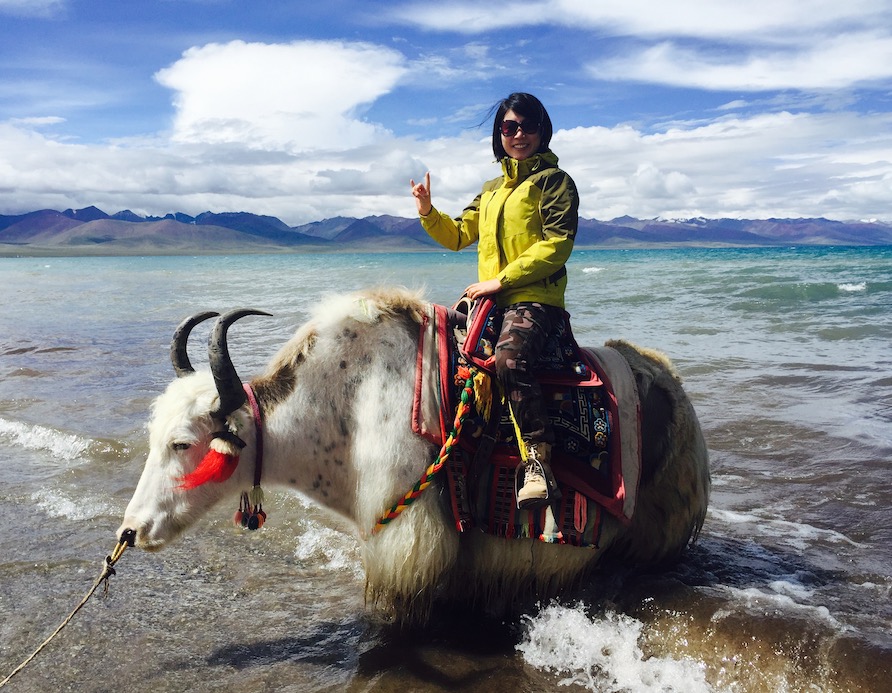Kaiser Permanente researcher uses big data to study the early origins of disease.
Yeyi Zhu, PhD, focuses on the nutritional and environmental exposures that may affect a child’s future risk of developing health conditions such as diabetes or obesity. She joined the Kaiser Permanente Division of Research in 2016 after postdoctoral work at the National Institute of Child Health and Human Development. Zhu is excited about the potential to apply big data analytics to improve women’s and children’s clinical care and health.
Q: Looking back, is there a single moment in your life that sparked your interest in what you’re doing now?
When I was a research assistant collecting data for the National Children’s Study, I interviewed the mother of a 4-year-old who had been born premature. She was very worried about her son’s health and development, having been told by a health professional that he might fall behind his peers. The mother was desperate to know more about the potential adverse effects of preterm birth. That moment sparked my interest in studying the developmental origins of disease and how medicine can intervene.
Q: What kind of research are you doing and why do you think it’s important?
Currently, I’m investigating fetal programming of growth and obesity, which focuses on how what happens in the uterus may have long-lasting effects. I’m leading a study that could help us understand what happens during pregnancy so that we can prevent impaired fetal growth and childhood obesity. For instance, the mother’s diet may play a role. I’m also a co-investigator on another study that is looking at the impact of early-life environmental exposures on child health and development. These are wide-ranging and may include physical, chemical, biological, social, behavioral, and other factors.
Q: What should people know about the role of pregnancy in the future lives of children?
People may not know that factors such as nutrition and environmental exposures during pregnancy can affect the child not just in infancy but later in life — that may lead to conditions such as obesity and diabetes. It’s important that we identify factors that could interrupt this vicious cycle. But our research

has been held back by the difficulty in using conventional tools to identify risk factors and potential prevention methods. I believe we can make new progress by using “‘omics technologies” — emerging fields of systems biology such as metabolomics — along with clinical phenotyping, which applies these ideas to individual patients.
Q: Any advice for people interested in becoming professional researchers?
I’m still early in my career, but I’ve already benefited by exploring opportunities and following my passion. I’ve found it helpful to join academic and research society committees and to connect with mentors. Don’t be afraid to ask questions and think outside of the box.
Q: In your free time, what do you like to do?
I enjoy jogging, photography, hiking and exploring nature with my husband, and traveling. One of our most unforgettable trips was in Tibet. We suffered from altitude sickness while we climbed to 12,000 to 17,000 feet to view the glamorous Potala Palace and Namtso Lake, but it was an absolutely life-changing experience.
Read more about Yeyi Zhu’s research on diabetes.





This Post Has 0 Comments